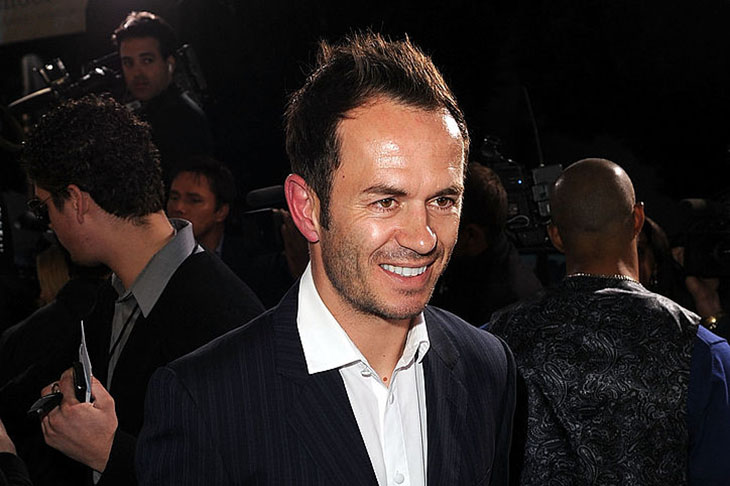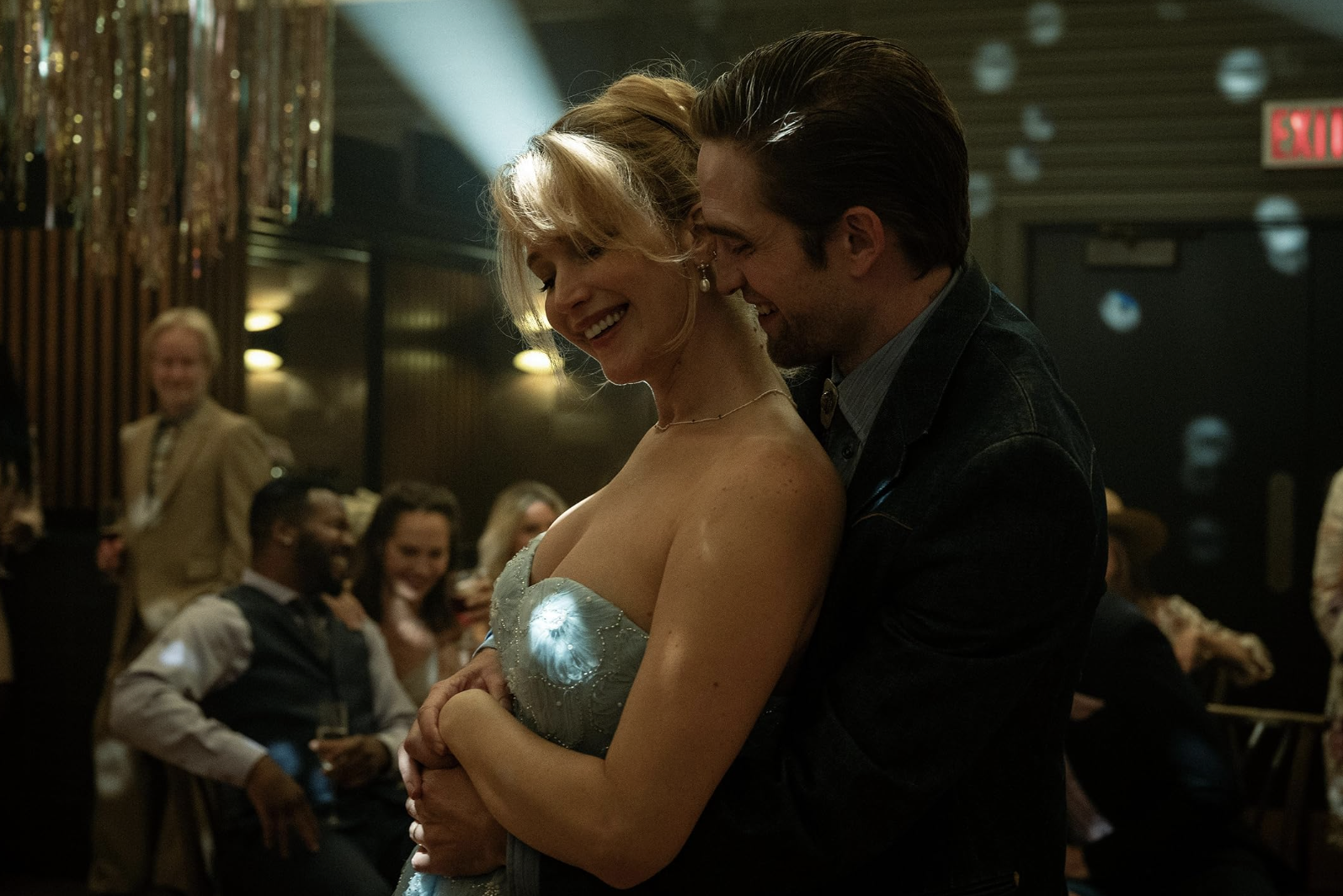My body is limp and naked but for a thin, sullied sheet strewn around my waist. I’m on my back, my arms hang outstretched in a submissive crucifixion. My hair is matted and caked with dried blood around my right ear, my eyes clenched shut with fear.
The downpour is relentless.
Then my body flinches, my nostrils flare. Small expressions pop and twitch as I recover consciousness. The invisible straitjacket of sleep paralysis loosens. The dream recedes.
And then my nightmare begins.
Desperately parched, I pry open my cracked lips to take in the water, only to be shocked by its bitterness. My senses now tripped into awareness, I peer up and shock turns to disgust as it dawns on me that the rain is cascading from a penis protruding from a tangled forest of pubic hair. A naked man is pissing on my face.
I can’t avoid the gruesome reality confronting me any longer. I am no longer a man with a family and a career forged over 40 years of toil and triumph. I am now but an inmate sprawled in a bed of a dark holding cell, a scrap of tissue stuck to the boot of a legal system as foreign to me as a distant universe.
What a difference a day makes. I wouldn’t blame you for not believing that — a mere 24 hours before my unwitting experience as a human toilet — I was pitching a project to a Hollywood studio head, meeting with Joe Pesci and Andy Garcia, chatting it up with Sharon Stone and playing golf with Adam Levine, all before strumming my two sons to sleep on a ukulele in my beautiful Los Angeles mansion. You also could be forgiven for not understanding why — instead of striking back at the unspeakable violation with all the fury I could muster to reclaim at least a shard of dignity — I lay my head back down, shut my eyes, and submitted to the degradation in full.
Reclamations would come, but only after many years of my self-respect being starved, stripped and assaulted, and endless efforts to uncover who I really am and how I wound up here.
But for the moment, with no reserves left, I would accept the piss.
My fall into oblivion had started eight hours earlier at around 3:30 pm on March 5, 2015. My wife, Dana, was out of state on a business trip and I had given the nanny the afternoon off so I could spend quality time with our two boys. Charlie was 10 at the time, Smith eight. Everything seemed so normal. We were laughing and joking in the playroom when the doorbell rang. I walked down the stairs, opened my front door, and found myself face to face with two police officers from the LAPD.
‘We received a call about your sons. Are they here?’
What a strange question, I recall thinking. Why would the police be at my doorstep, seemingly randomly, asking about my sons?
‘We just need to know they are safe.’
‘Yes. They are upstairs. I can assure you they are safe.’
‘Sir, we received a call that you threatened to harm your sons.’
‘That’s nonsense. Who called you?’
‘That’s confidential information. We just need to know they are safe, sir.’
‘Confidential? If I’m to be accused of making threats to my sons, I’d like to know who’s making the allegation. Who called you? What danger are they supposed to be in?’
They were silent. I was baffled and unsettled — who could possibly have called the police to report that I’d threatened my boys? We stood there for a moment, locked in a bizarre standoff, an ominous look in the eyes of the officers garrisoning my door. Hoping to break the impasse, I moved again to defuse the situation, reassuring them that my sons were fine and that there was no reason for concern.
Uncomfortable with the simmering hostility and sensing there was nothing left to discuss, I reached to shut the door. But one of the cops stepped on the threshold to keep the door from fully closing, and the first pangs of genuine anxiety struck. I didn’t know it then, but I had already migrated miles away from the world of suburban comfort that was mine just minutes before.
A shudder moved through me. Like midnight canaries in a coal mine, my mind went cold and my heart darkened. Panic was setting in, and I responded by gripping ever tighter to routine. I began making dinner for the boys, hoping that the act of domestication would calm the gathering storm. It didn’t. The police did not enter through the open door; instead, they meandered around my lawn in what felt like a predatory sortie. I thought, if I remained calm and measured and demonstrated normalcy, the police would surely realize their time was better spent elsewhere.
As the police began circling, my friend Patrick Fabian arrived, and I took immediate solace in the fact that someone else would assure the police of my benevolence. Patrick checked on the boys upstairs and reported to the officers that both Charlie and Smith were fine. But his reassurance fell on deaf ears — the officers responded with barely a shrug.
My stomach tightened. In the kitchen, I discussed the situation with Patrick and, after a few minutes, returned to the front door, determined to reason with the police. But there would be no reason, no negotiation. To the contrary, at that moment a sergeant walked up the garden path to join his fellow officers, bringing the assembly of law enforcement crowding my front door to five officers in total.
The newly arrived sergeant took his turn interrogating me about Charlie and Smith’s physical wellbeing, and my plaintiff response betrayed a mounting frustration.
‘Sergeant, I’ve made no threats to my sons. They are safe, playing upstairs, and there’s a witness who’s corroborated that fact. You have no warrant, so please leave my property. I would like to know who called and lied about me threatening them.’
The sergeant cleared his throat. ‘Sir, we received a call. You were reported to have said, “I’m sick of this shit, I’m gonna harm the children.”’ Ten short words — barely a sentence. And yet, strung together they formed a horrendous falsehood that was about to change my life forever.
It defied belief. Someone couldn’t seriously have called the police and told them I was a threat to my children. It has to be a big mistake, I tried to tell myself. And yet, beneath the shock, I sensed that someone had called the police and had lied about me. Not just any lie, but the worst, most carefully manufactured deceit.
The slowly developing interrogation continued, and, after a few hours of probing, the veneer of civility collapsed and the assembled force of officers broke the line and entered the house. They questioned me further, but that was a mere pretense. Before long, I was informed that a SMART (Systemwide Mental Assessment Response Team) from the DCFS (Department of Children and Family Services) was on their way.
Then I was handcuffed.
Somehow, I felt as if I was both wide awake and sleepwalking through this surreal moment. I stood in the living room of my California dream home that represented four decades of labor. My children were upstairs. Did they witness any of this?
My front door yawned at the manicured lawns, the bright lights of the interior spilling out past the handful of officers and onto the street where neighbors were doing a half-hearted job at hiding their morbid curiosity as they moved along the sidewalk at a snail’s pace.
Then the DCFS arrived and supplemented the existing police force, establishing a preposterously large crew to restore law and order to a situation lacking in neither. They evaluated me for approximately half an hour. I answered all their questions honestly — too honestly, it would turn out. Suffice to say that the right to remain silent is pointless unless you keep your mouth shut, and anything you say will be misquoted, then used against you.
The DCFS agents, having interrogated me, left the room to compare notes with the police. I awaited their verdict, still holding onto a sliver of hope that this would end peacefully with me bidding the cadre of officials a good evening. Soon they returned, set three items in front of me, and told me to pick one to take with me.
Take with me where? They wouldn’t tell me.
I was presented with a stark choice, one I had to make immediately. I could take my wallet, my phone, or a drink coaster with an image of my wife as a baby (a Christmas gift to her the previous year). I chose the coaster, and was soon ushered out of my home, essentially for the last time.
Greg Ellis is a television director, Annie Award-nominated voice artist and Emmy Award-nominated actor. He is also president of Children & Parents United. This is an excerpt from The Respondent: Exposing the Cartel of Family Law, out June 29.

























